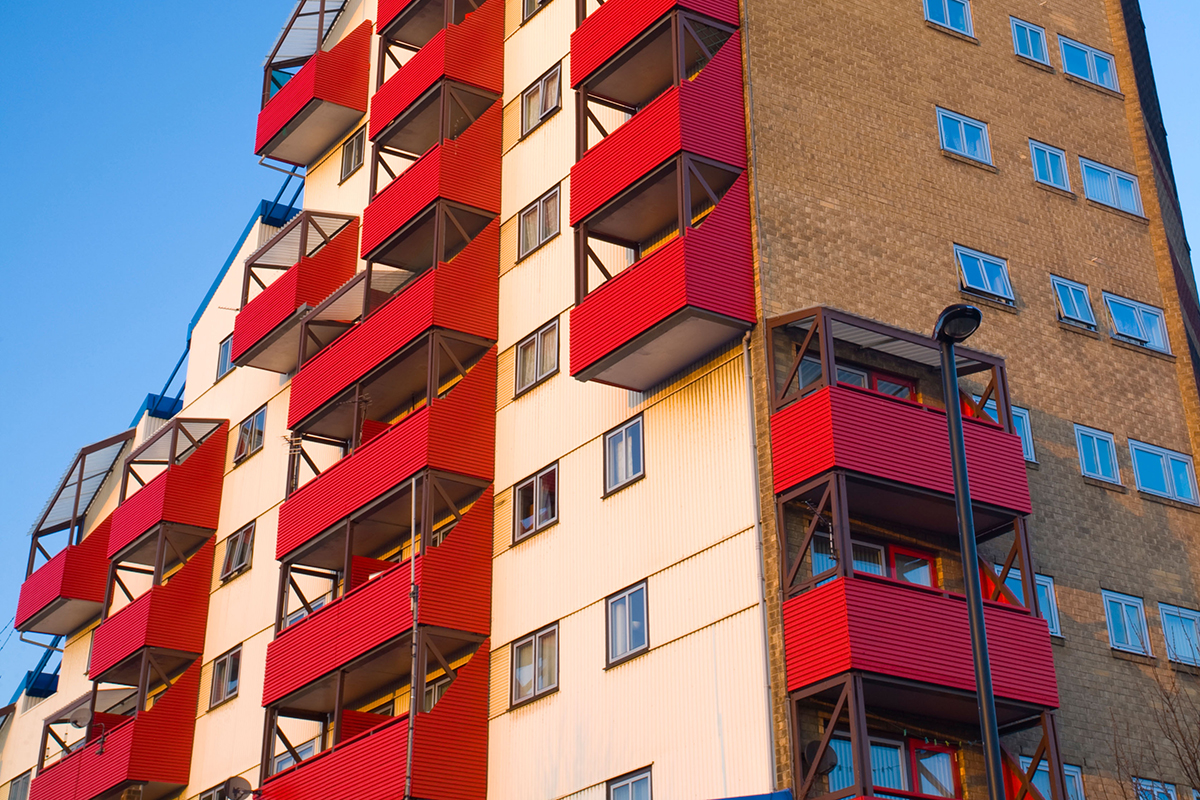What Alok Sharma was really told by tenants
As former housing minister Alok Sharma’s tenant roadshows wind up, Pete Apps looks at the concerns raised with him by social housing residents
In a couple of months – should it meet its own deadline – the government will publish a policy document that will be “the most substantial report of its kind for a generation”, and will “inform both government policy and the wider debate [on housing] for many years”.
That, at least, is the aim – as expressed by housing secretary Sajid Javid at the National Housing Federation conference in September.
Mr Javid has a lengthy to-do list for the Social Housing Green Paper he announced in that speech. It would address, he said, safety issues in the wake of Grenfell, the overall quality of social homes, service management, tenants’ rights, tenants’ voices, complaints procedures, place, community, local economies, tackling homelessness, leaseholders, tackling subletting, and building more homes “in the right places”.
“As you can tell – I hope – I’m talking about a substantial body of work,” he said.
The minister tasked with the research for the ambitious policy document was Alok Sharma, the newly promoted housing minister with a finance background, who set out to travel the country to listen to tenants, supposedly with the aim of basing the paper’s suggestions on their views. Twelve roadshows were scheduled. But after carrying out 11 of them, Mr Sharma was reshuffled to the Department for Work and Pensions, with his findings unreported.
The meetings were strictly behind closed doors, with no media allowed despite several requests and no official record. While this may have assisted an open conversation, it means there is no record of what was said, and we will only have government’s word that its final green paper reflects the concerns raised with Mr Sharma by those who attended.
To fill this space, Inside Housing has been speaking to tenants who attended the roadshows.
Several describe the format of the meetings as tenants split across a number of tables with government officials at each to discuss concerns. Mr Sharma would then visit each table and speak to those present about their concerns.
“We had some general guidelines but it wasn’t structured, so when it came to feedback some tables had discussed high-level, strategic issues and solutions and others had discussed local, personal issues,” recalls one tenant. “To be honest, the whole event felt like a PR stunt so they could say they had consulted with tenants prior to the green paper.”
All of those who attended the events say welfare reform, particularly Universal Credit, was a high-profile part of the discussions. “I made comments to him about Universal Credit which brought applause from others,” says another tenant.
It is curious, then, that in a letter given to Inside Housing, which Mr Sharma sent to tenants summarising the points raised to him, welfare reform was covered by just 12 words in four pages.
“Issues around welfare and benefits in relation to housing were also raised,” he wrote, before going on to list some of the changes introduced in the Autumn Budget.
This downplaying could be read as a sign that the green paper does not have the remit to do anything about welfare reform – something which was also absent from Mr Javid’s lengthy to-do list mentioned above.
“To be honest, the whole event felt like a PR stunt.”
However, it appears Mr Sharma was given some fairly strong views on other issues. Stigma, and addressing negative stereotypes of social housing tenants, led the list of concerns in his letter. It was followed by a feeling that there is “a lack of social and affordable housing, and of the type to meet local need”.
“Tenants felt that affordable rents are not really affordable,” he added – a comment which may not surprise those who follow housing policy but still a candid statement from an acting Conservative housing minister.
On safety, he was more candid still. “The view was expressed that lack of central government investment has led to cuts in services and safety standards falling,” he wrote.
The main concerns
A letter sent by Alok Sharma to tenants summed up the main concerns raised. These were:
- Stigma - the need to address negative stereotypes associated with social housing
- Social and affordable housing - a lack of truly affordable homes and specialist supported housing, with tenants noting that affordable rents are ‘not really affordable’
- Investment and safety - tenants believed a lack of government investment had seen safety standards fall
- Community - the importance of addressing isolation and anti-social behaviour
- Communication - a feeling that landlords do not truly engage with tenants
- Quality of service - concerns about the quality of service and ability to hold landlords to account
- Issues around welfare reform
Can the sector hope that the green paper will point to more financing for improving stock and more cash to build homes at lower rents? While that would be optimistic, the government cannot deny that these concerns are on its radar.
Also in its sights is something many have assumed will be part of the green paper’s analysis: greater tenant engagement and involvement and more powers to deal with complaints and issues raised.
“Some attendees felt their landlords do not engage with tenants and when they do tenants can be left feeling like their views have been dismissed,” Mr Sharma wrote. “There was a view that social housing providers do the best they can to provide a quality service, but standards are still low and there are no clear ways for management to be held to account.”
What remains to be seen, then, is how many of these concerns will make the green paper and how the newly named Ministry of Housing, Communities and Local Government will respond. Will the housing regulator be once again granted with beefed-up powers to regulate tenants’ affairs? Will funding be returned for social rent at scale? Will a new programme of Decent Homes Standard work be kicked off?
The answer to these questions is likely to become clearer when the final document is published in spring.














